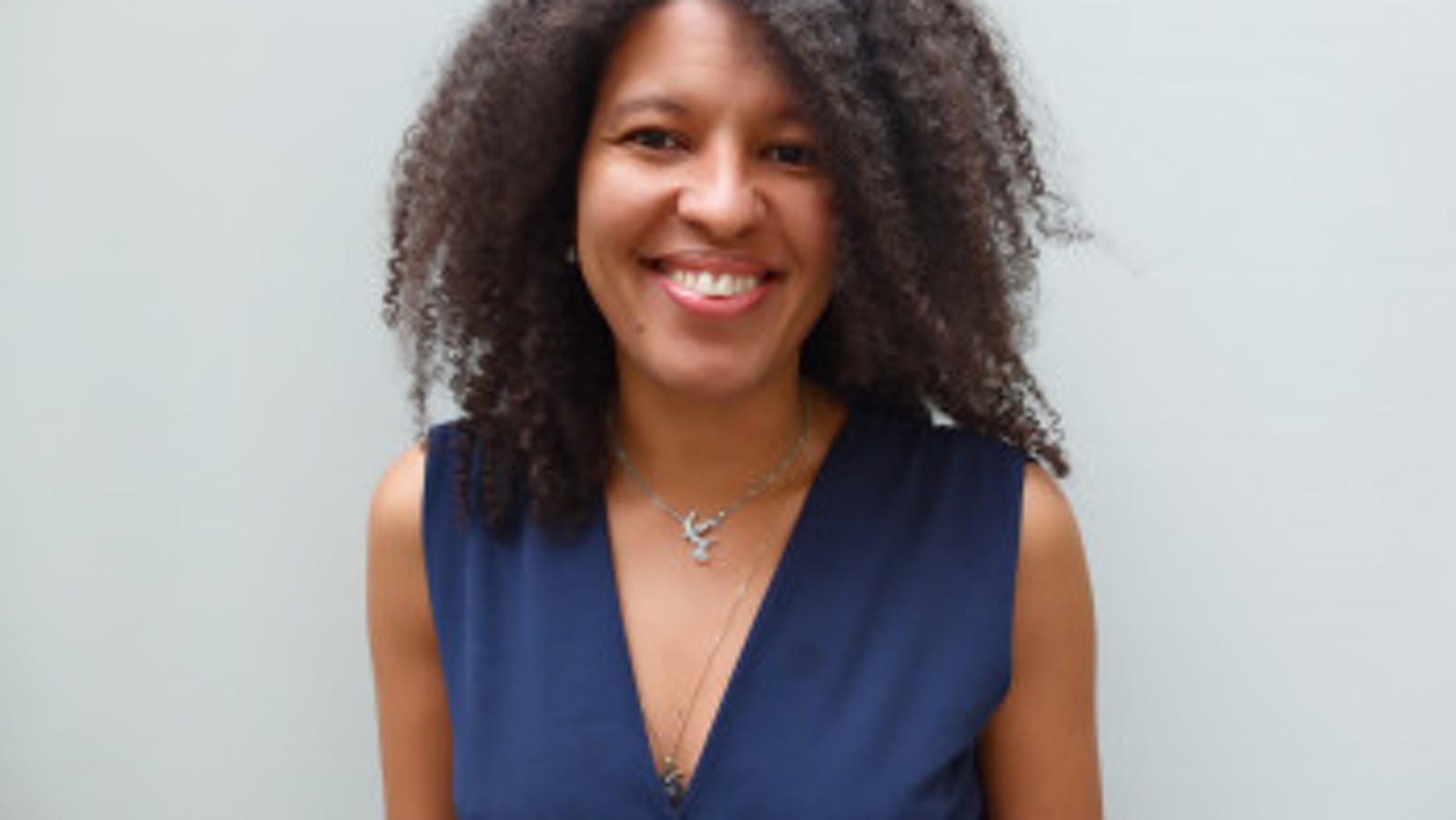Today in the Club Bonheur, we welcome Michèle Penka
In this episode, Michèle Penka, doctor of biological and medical sciences certified in Micronutrition and Functional Nutrition, talks to us about micronutrition and the link between micronutrients and humors. Michèle gives us all her nutritional advice to be in good shape mentally and physically. Are you ready to get better?
What is micronutrition?
In our food we find large molecules: macro-nutrients (proteins, lipids, carbohydrates) but also smaller molecules: micronutrients (vitamins, minerals, etc.) which are essential to our body and thus to the proper functioning of our cells.
How does a consultation work?
Michèle of course emphasizes the fact that it is first of all a very individualized practice. In addition, the consultation is long and time-consuming. We review the medical history, allergies, food intolerances and also dig into the patient's eating lifestyle as well as each symptom they present. Thanks to her information and analyses, Michèle will bring the patient back into balance by working on their dietary lifestyle. And if that's not enough, she will suggest food supplements that allow you to maintain a reliable and rapid balance. They will also avoid bringing in pollutants that can be found in the food we buy. Follow-up is also very important.
What impact does diet have on our moods and mental health?
Michèle explains to us that mental health is something that includes being able to manage our emotions, the stress we are subject to, sleep, etc. The main organ is the brain with its 100 billion neurons which must be able to communicate well with each other. Other organs will intervene in balance and our mood, such as the thyroid, so it is essential to nourish them every day with good nutrients. In addition, the intestine - brain axis is essential at the moment with the microbiota: 2kg of bacteria that will have to be fed, supported, developed because they are extremely important with the role they play in the balance of our neurotransmitters and thus the balance of our brain and our mental health.
You therefore need a good balance on the plate to provide the right nutrients and regenerate all these tissues and cells.
What are the basic rules of good nutrition to stay in a good mood?
Michèle assures us that we must eat fat! But good fat, that is to say fatty fish (sardines, mackerel, anchovies, etc.), salmon. We will then provide Omega 3 which will allow us to have quality cells and make brain activity more fluid.
There are also antioxidants which are necessary to protect cells. For this we will eat a lot of vegetables: cabbage which is very powerful in antioxidants. Fruits also with red fruits, pomegranate etc. Then the spices and herbs with turmeric which is anti-inflammatory and protective.
Which cereals are preferred?
Whole grains tells us Michèle. With refined cereals there are no more vitamins, no more minerals and they will only provide quick sugar. It is therefore necessary to favor whole, natural cereals, with as little pesticide as possible.
What is your point of view on detoxes, young people etc.? Currently ?
Michèle does not necessarily recommend embarking on a detox or fasting at this time (confinement + start of winter). Its first recommendation is to properly maintain cells in order to strengthen our immune defenses. She will also advise you to first go back to basics by choosing organic, seasonal foods, looking carefully at labels, etc.
What are your tips for motivating yourself to eat well?
First of all, Michèle advises reconnecting: why I eat, what are my goals, what do we need, what are my tastes, etc. It is an essential exercise that will allow us to respect our hunger and our balance.
Regarding pragmatic advice: if you feel alone you can connect to online or video groups (cooking, sports, etc.). You can also cook for several portions that you keep for several meals while respecting good hygiene rules.
To finish, Michèle Penka gives us her advice and recommendations by taking part in the “Tonic Quiz” game (quick questions – quick answers):
A book to recommend: The power of joy by Frédéric Lenoir
An activity to relax you: Run and breathe
A food that makes you happy: Dark chocolate min 70%
The next person to interview: Céline Vacher
One last piece of advice: Keep fishing and stay connected with your loved ones
Find Michèle on Instagram @michelepenka and Facebook and also on her blog: https://www.my-geia.fr/
Excellent listening!
We'll see you next week for a new episode of Club Bonheur.
Listen to the episode on your favorite platform.

